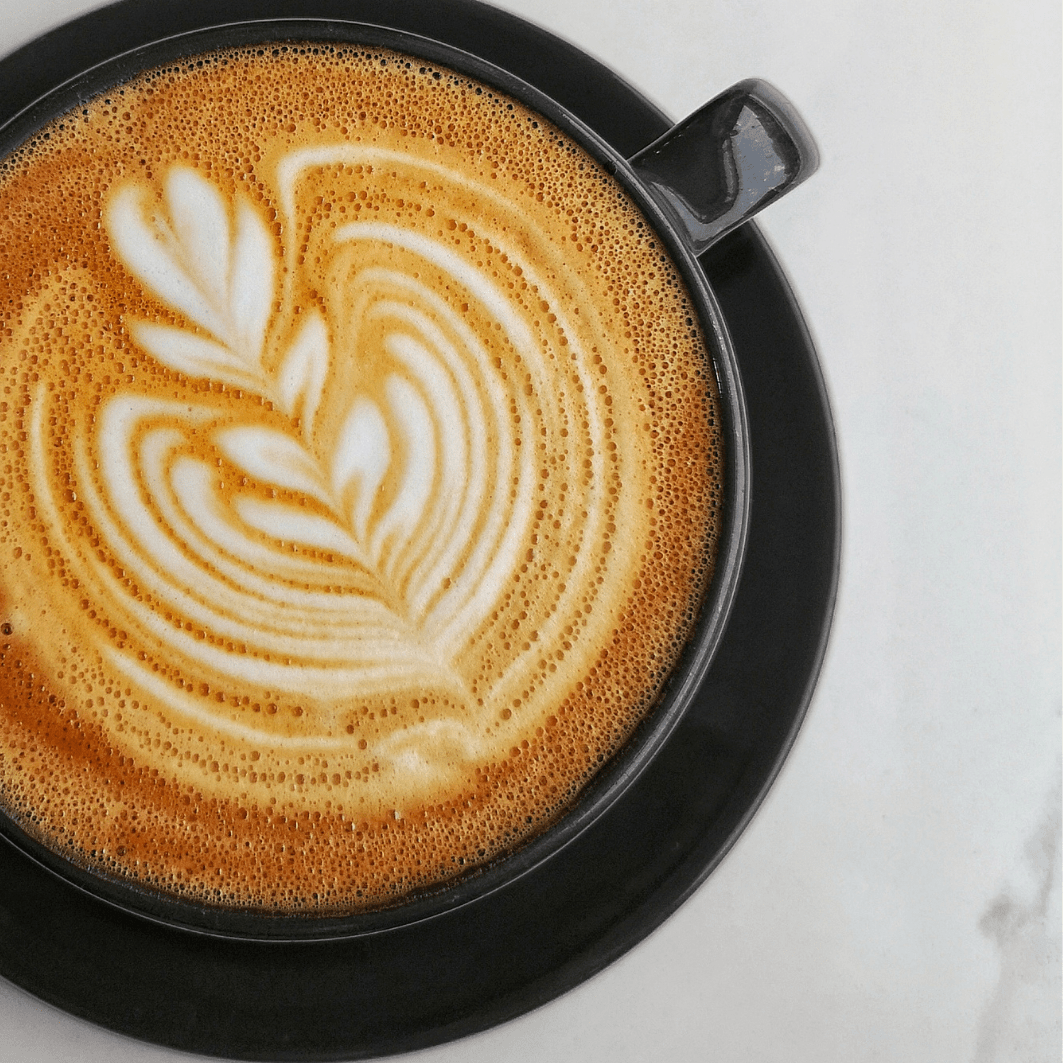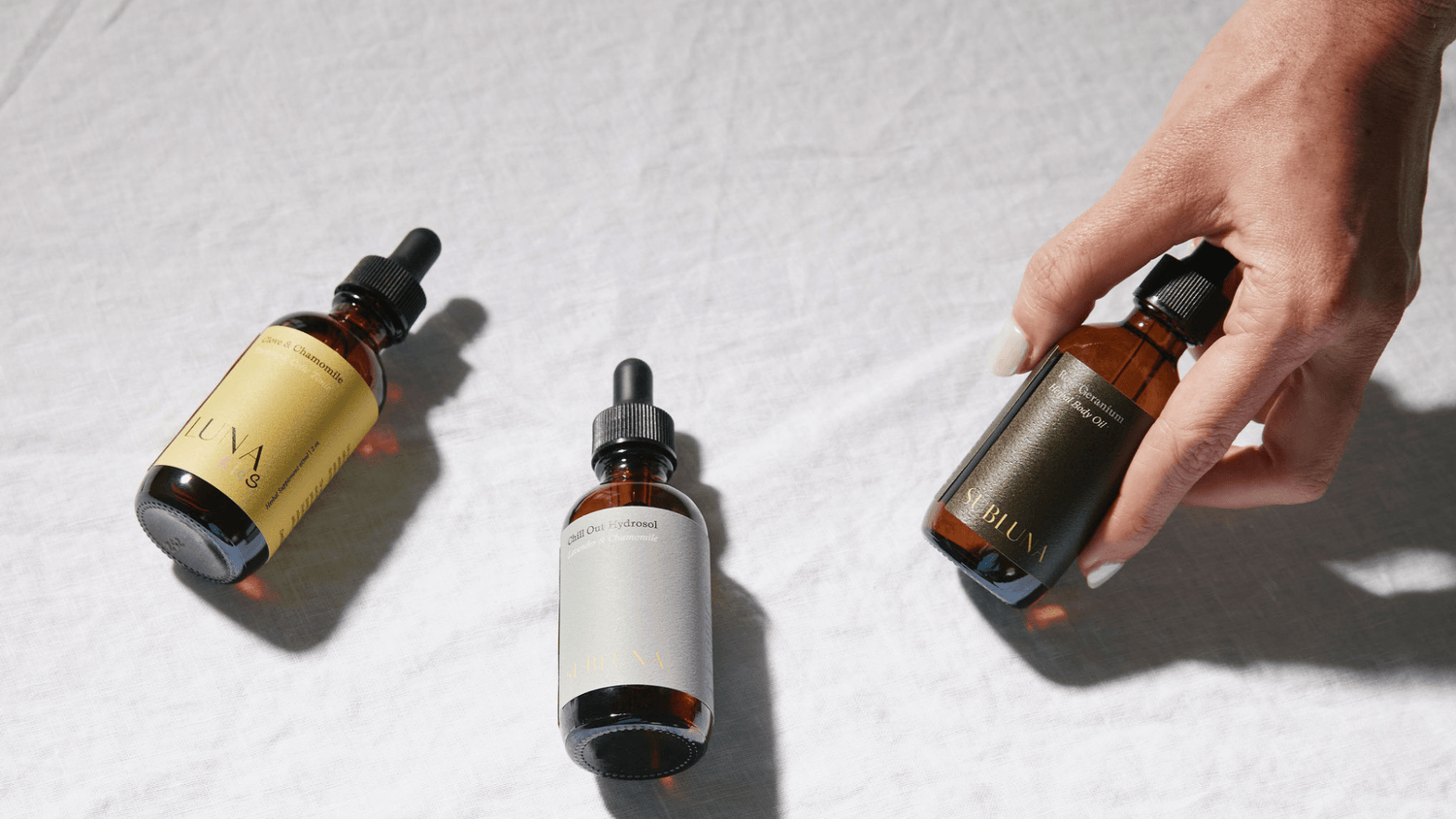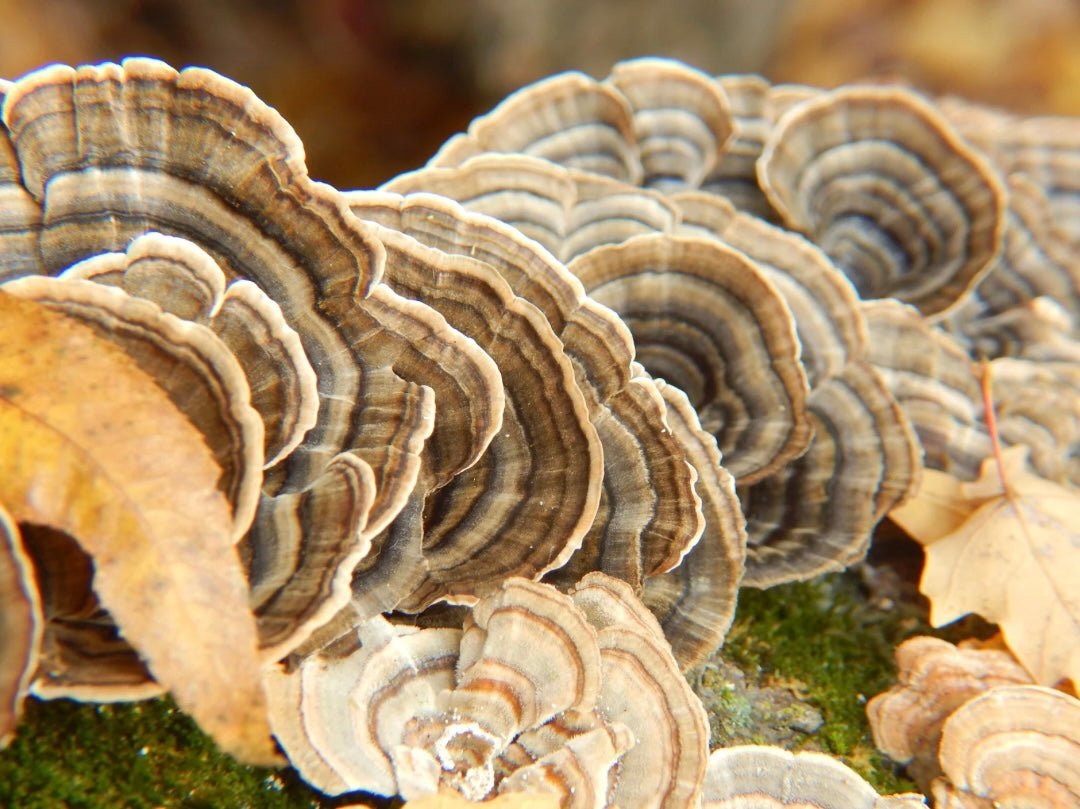Heal Your Gut After Antibiotics
Science-Backed Post-Antibiotic Support for a Resilient Microbiome
While antibiotics can be necessary at times, they’re often overprescribed, and their use almost always comes with consequences. While they target harmful bacteria, they also wipe out beneficial microbes—the very ones that support digestion, immunity, hormone balance, and overall well-being.
Even when antibiotics resolve the immediate issue, they can leave a lasting impact on the gut microbiome, which can have compounding effects if not properly addressed. This is where post-antibiotic support is crucial.
Rather than simply relying on probiotics, the body needs a more nuanced approach. Research shows that timing and the right tools matter when restoring balance to the microbiome after antibiotics.
Probiotics After Antibiotics: What the Science Says
Conventional advice often suggests taking probiotics right after antibiotics. However, a landmark 2018 study published in Cell challenged this assumption. The study tracked participants after a course of broad-spectrum antibiotics and divided them into three groups:
-
One group let their microbiome recover naturally.
-
Another received a fecal transplant (from themselves, prior to antibiotics).
-
The third group took over-the-counter probiotics.
Surprisingly, the group that took probiotics had the slowest recovery, with their microbiome still significantly altered six months later. In contrast, the group that did nothing recovered much faster, and the fecal transplant group bounced back the quickest.
What does this mean? It doesn’t mean probiotics are bad, but flooding the gut with generic strains too early can delay the natural recovery process and reduce microbial diversity. Instead, post-antibiotic support should focus on:
-
Building microbial diversity
-
Feeding beneficial bacteria (prebiotics)
-
Supporting the gut lining
-
Promoting gut resilience
A Science-Backed Post-Antibiotic Dream Team
Here are some key players for post-antibiotic recovery:
-
Saccharomyces Boulardii This beneficial yeast isn’t affected by antibiotics, making it ideal during recovery. It helps:
-
Crowd out pathogenic bacteria and yeast
-
Reduce antibiotic-associated diarrhea
-
Calm gut inflammation It doesn't colonize long-term but supports the gut flora as the body rebalances. A meta-analysis of clinical trials confirms its role in preventing antibiotic-associated diarrhea and supporting gut recovery.
-
Chinese Skullcap (Scutellaria Baicalensis) This herb supports gut barrier integrity, reduces inflammation, and helps eliminate bad bacteria without harming beneficial microbes. Its flavonoids, especially baicalin and wogonin, also exhibit antimicrobial and prebiotic properties that help protect and re-establish healthy gut flora after antibiotics.
-
Turkey Tail Mushroom (Trametes Versicolor) Known for its gut and immune-boosting properties, Turkey Tail is rich in prebiotic polysaccharides, which help:
-
Feed beneficial bacteria (especially Bifidobacterium and Lactobacillus)
-
Enhance immune function
-
Rebuild gut resilience Turkey Tail’s polysaccharides (PSP) act as powerful prebiotics, supporting microbial balance and preventing harmful bacteria overgrowth after antibiotics.
-
Astragalus Root (Astragalus Membranaceus) This adaptogenic herb strengthens the immune system, helps protect and restore the gut lining, and prevents recurrent infections. A 2020 study showed that Astragalus polysaccharides helped:
-
Restore damaged colon structure
-
Rebalance gut microbiota
-
Increase short-chain fatty acids (which support gut health)
Astragalus is a gentle but powerful ally for gut restoration and immune support.
How to Approach Recovery the Right Way
Instead of rushing to take probiotics right after antibiotics, consider this timeline for optimal recovery:
-
Week 1–4 Post-Antibiotics:
-
Focus on gut lining support and inflammation reduction with Saccharomyces boulardii, Chinese Skullcap, and Turkey Tail.
-
Avoid probiotic capsules early on, as they may overcrowd the gut with a few strains and hinder recovery.
-
Week 4+ Post-Antibiotics:
-
Gradually reintroduce fermented foods (e.g., sauerkraut, kefir, yogurt).
-
Continue Turkey Tail and Astragalus to support immunity and vitality.
-
Add spore-based or strain-specific probiotics if needed.
-
Throughout Recovery:
-
Prioritize prebiotics and fiber.
-
Avoid processed sugars and gut-disrupting foods.
-
Stay hydrated.
The Big Picture
Antibiotics can resolve acute infections, but they also leave your gut vulnerable. A thoughtful post-antibiotic protocol isn’t just about replenishing good bacteria; it’s about rebuilding resilience. With the right herbs, fungi, and probiotics, you can restore long-term gut harmony and immune strength.
Your microbiome has the innate wisdom to bounce back. By supporting this natural process, you’re not just recovering—you’re setting the stage for lasting gut health.



